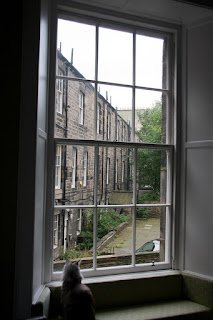“People over 70 have been grappling with the possibility that they could face an extended coronavirus lockdown after general restrictions end, filling them with fear and frustration.”
The term “lockdown” isn’t new, but COVID-19 has given it new meaning. Current dictionary references to lockdown mention confining prisoners to their cells during a riot and isolating or resticting access to a place because of a dangerous situation.
Since COVID-19 appeared, we’ve used the term “lockdown” in reference to measures taken to avoid spreading the virus, especially in relation to the new rules related to travelling, meeting with others and closing places that involve unnecessary contact between people. This is strictly a partial lockdown: most of us can still go out but only for certain reasons and normally only once a day. For others, and especially where people are particularly vulnerable to COVID-19, the lockdown is total, as illustrated in the last of the following examples.
Examples
“The big weekly shop has made a comeback with supermarkets reporting record trolley loads as Britons develop new lockdown routines.”
Since COVID-19 appeared, we’ve used the term “lockdown” in reference to measures taken to avoid spreading the virus, especially in relation to the new rules related to travelling, meeting with others and closing places that involve unnecessary contact between people. This is strictly a partial lockdown: most of us can still go out but only for certain reasons and normally only once a day. For others, and especially where people are particularly vulnerable to COVID-19, the lockdown is total, as illustrated in the last of the following examples.
Examples
“The big weekly shop has made a comeback with supermarkets reporting record trolley loads as Britons develop new lockdown routines.”
“Shops in cities and towns across the UK have been closed since lockdown measures were introduced.”
“A total of 27 people – 17 residents with dementia and 10 staff – have been in lockdown for five weeks.”
Photo credit: byronv2 (Creative Commons)
Photo credit: byronv2 (Creative Commons)



